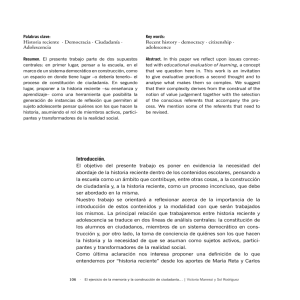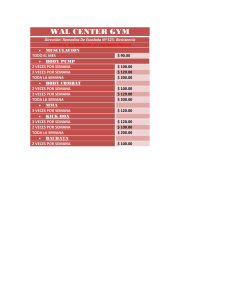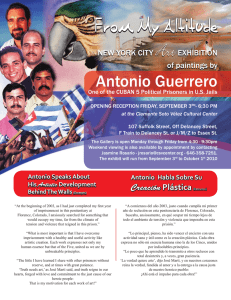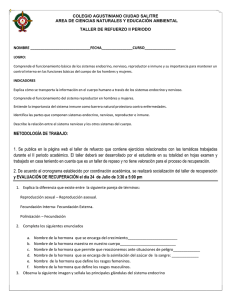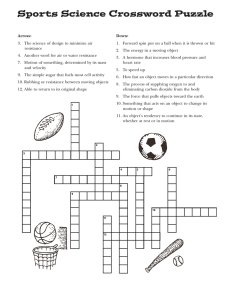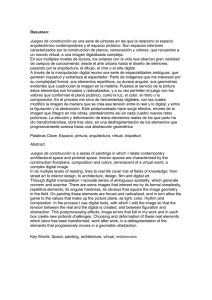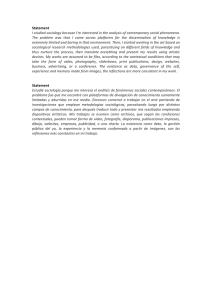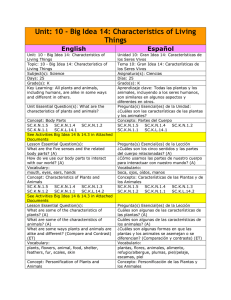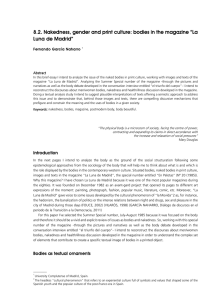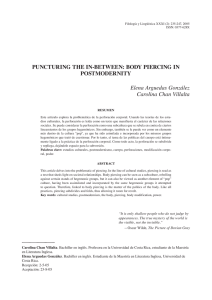buscando la raya searching for the line
Anuncio
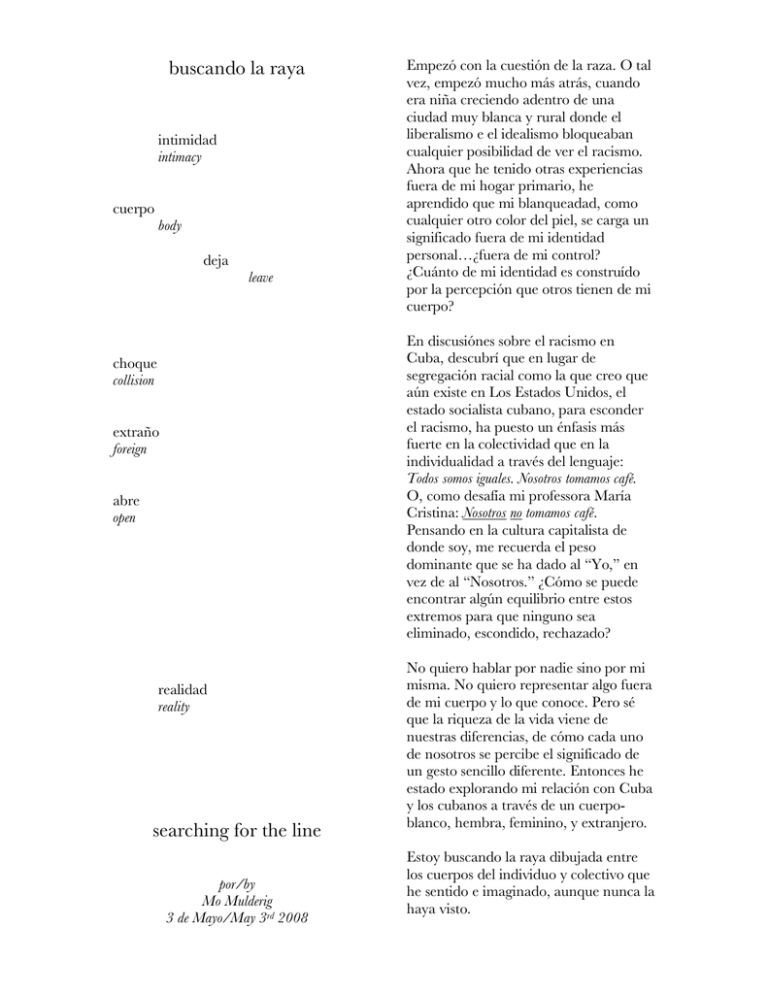
buscando la raya intimidad intimacy cuerpo body deja leave Empezó con la cuestión de la raza. O tal vez, empezó mucho más atrás, cuando era niña creciendo adentro de una ciudad muy blanca y rural donde el liberalismo e el idealismo bloqueaban cualquier posibilidad de ver el racismo. Ahora que he tenido otras experiencias fuera de mi hogar primario, he aprendido que mi blanqueadad, como cualquier otro color del piel, se carga un significado fuera de mi identidad personal…¿fuera de mi control? ¿Cuánto de mi identidad es construído por la percepción que otros tienen de mi cuerpo? En discusiónes sobre el racismo en Cuba, descubrí que en lugar de segregación racial como la que creo que aún existe en Los Estados Unidos, el estado socialista cubano, para esconder el racismo, ha puesto un énfasis más fuerte en la colectividad que en la individualidad a través del lenguaje: Todos somos iguales. Nosotros tomamos café. O, como desafía mi professora María Cristina: Nosotros no tomamos café. Pensando en la cultura capitalista de donde soy, me recuerda el peso dominante que se ha dado al “Yo,” en vez de al “Nosotros.” ¿Cómo se puede encontrar algún equilibrio entre estos extremos para que ninguno sea eliminado, escondido, rechazado? choque collision extraño foreign abre open realidad reality searching for the line por/by Mo Mulderig 3 de Mayo/May 3rd 2008 No quiero hablar por nadie sino por mi misma. No quiero representar algo fuera de mi cuerpo y lo que conoce. Pero sé que la riqueza de la vida viene de nuestras diferencias, de cómo cada uno de nosotros se percibe el significado de un gesto sencillo diferente. Entonces he estado explorando mi relación con Cuba y los cubanos a través de un cuerpoblanco, hembra, feminino, y extranjero. Estoy buscando la raya dibujada entre los cuerpos del individuo y colectivo que he sentido e imaginado, aunque nunca la haya visto. It began with the question of race. Or maybe, it began much earlier, when I was a child growing up inside a very white, rural city where liberalism and idealism blocked out any possibility for racism to be seen. Now that I have had experiences outside of my primary home, I have learned that my whiteness, like any other skin color, carries with it a meaning beyond my personal identity…beyond my control? How much of my identity is constructed by how others perceive my body? In discussions about racism in Cuba, I found that instead of the racial segregation I believe still exists in the United States, in order to hide racism the Cuban socialist state has used language to emphasize a stronger sense of collectivity than individuality: Todos somos iguales. We are all equal. Nosotros tomamos café. We drink coffee. Or, as my teacher María Cristina challenges: Nosotros no tomamos café. We don’t drink coffee. Thinking of the capitalist culture where I come from, I am reminded of the overbearing weight given to the “I,” rather than the “We.” How can a balance be found between these extremes so that one isn’t eliminated, hidden, denied? I don’t want to speak for anyone beside myself. I don’t want to represent something beyond my own body and what it knows. But I know that the richness of life comes from our differences, like how each of us perceives the meaning of a simple gesture differently. And so, I have been exploring my relationship with Cuba and Cubans through one body- white, female, feminine, and foreign. I’m looking for the line drawn between the individual body and the collective body that I have felt and imagined, though never seen. Profundidad. Estoy nadando en el mar. Como siempre, pienso en su profundidad inmensa, oscura. Me gustaría tocar su fondo, pero me da miedo. Sí estuviera alguien a mi lado, le preguntaría si podría tocarlo. Pero estoy sola. Lo intentaré… Depth. I am swimming in the ocean. Like always, I think of its dark, immense depth. I would like to touch its floor, but it scares me. If there were someone at my side, I would ask them if they could touch it. But I am alone. I will try… El performance orgánico, del cual se produce la acción real (y no es necesariamente realista), surge cuando el camino más difícil es elegido; esa coherencía profunda, cuál es verdad en el acto, toca el caos en uno de sus extremos. The organic performance, the one that produces real action (and is not necessarily realist), arises when the most difficult path is chosen; that profound coherence, which is truth in the act, touches chaos at one of its extremes. ~Magaly Muguercia, “The Body and Its Politics in Cuba of the Nineties” Quiero agradecer todos que me apoyaron durante estes tres meses, especialmente mi tutora y amiga María Cristina Aldana.
